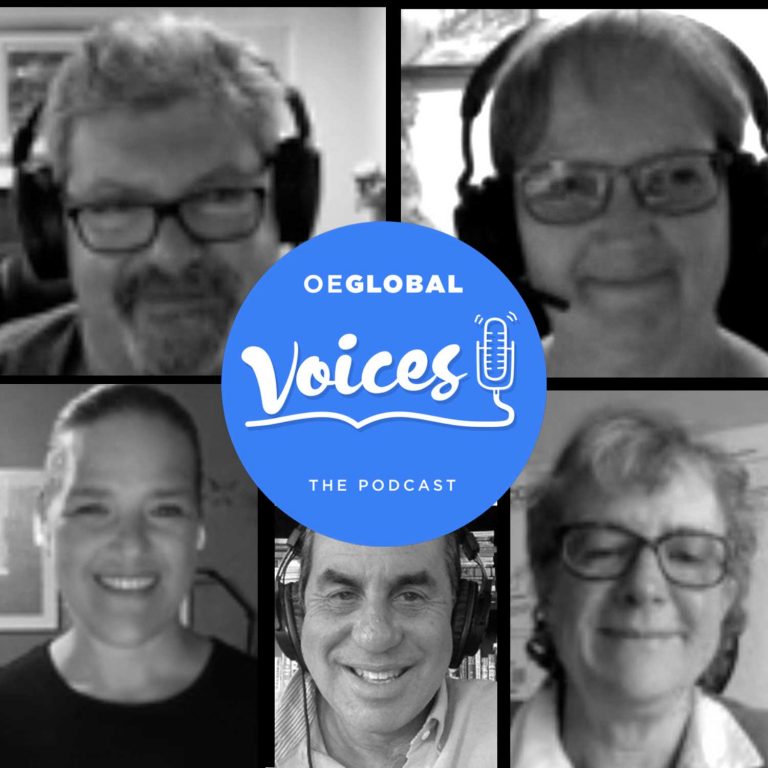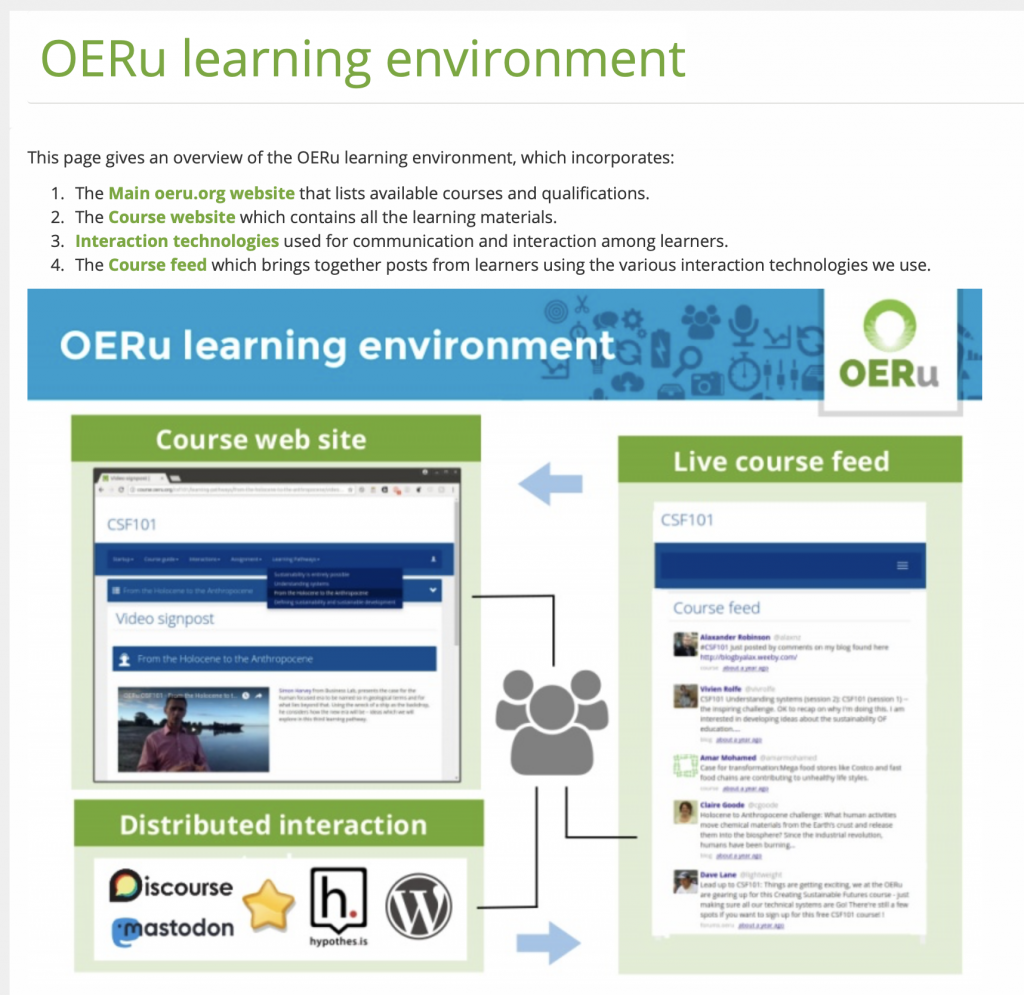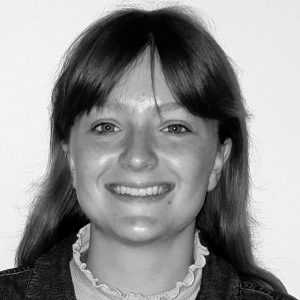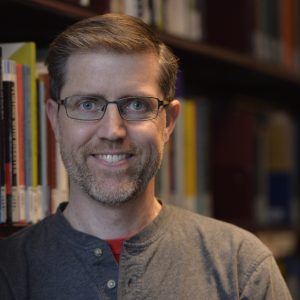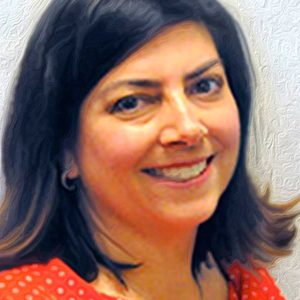Open infrastructure for sustainable OER
Over the last ten years, adhering to their “open” principles, the OER Foundation has established a fully functioning digital learning ecosystem for collaborative development and delivery of OER enabled micro-courses based entirely on Free and Open Source Software (FOSS). This is a loosely coupled, component-based system assembled from “best of breed” FOSS applications that can operate at internet scale, plus software code components developed by the Foundation to “glue” the system together and provide enhanced functionally. The OERF’s digital learning ecosystem is worthy of nomination because it is: 1) eminently scalable – during 2020 the OERu provided access to more than 200,000 learners using the platform; 2) cost effective – the entire server infrastructure is provided for less than USD8500 per annum in software and infrastructure costs; 3) innovative – learners learn to learn on the internet, rather than in a single application like a learning management system; 4) suitable for developing country contexts – institutions in the developing world with constrained budgets for technology can replicate the systems using technical recipes published by the Foundation or join the OERu Outreach Partnership Programme for free to build capacity to host these tools themselves; 5) designed for collaboration and OER remix as evidenced by reuse and remix scenarios around the world.
Explore more about this award…
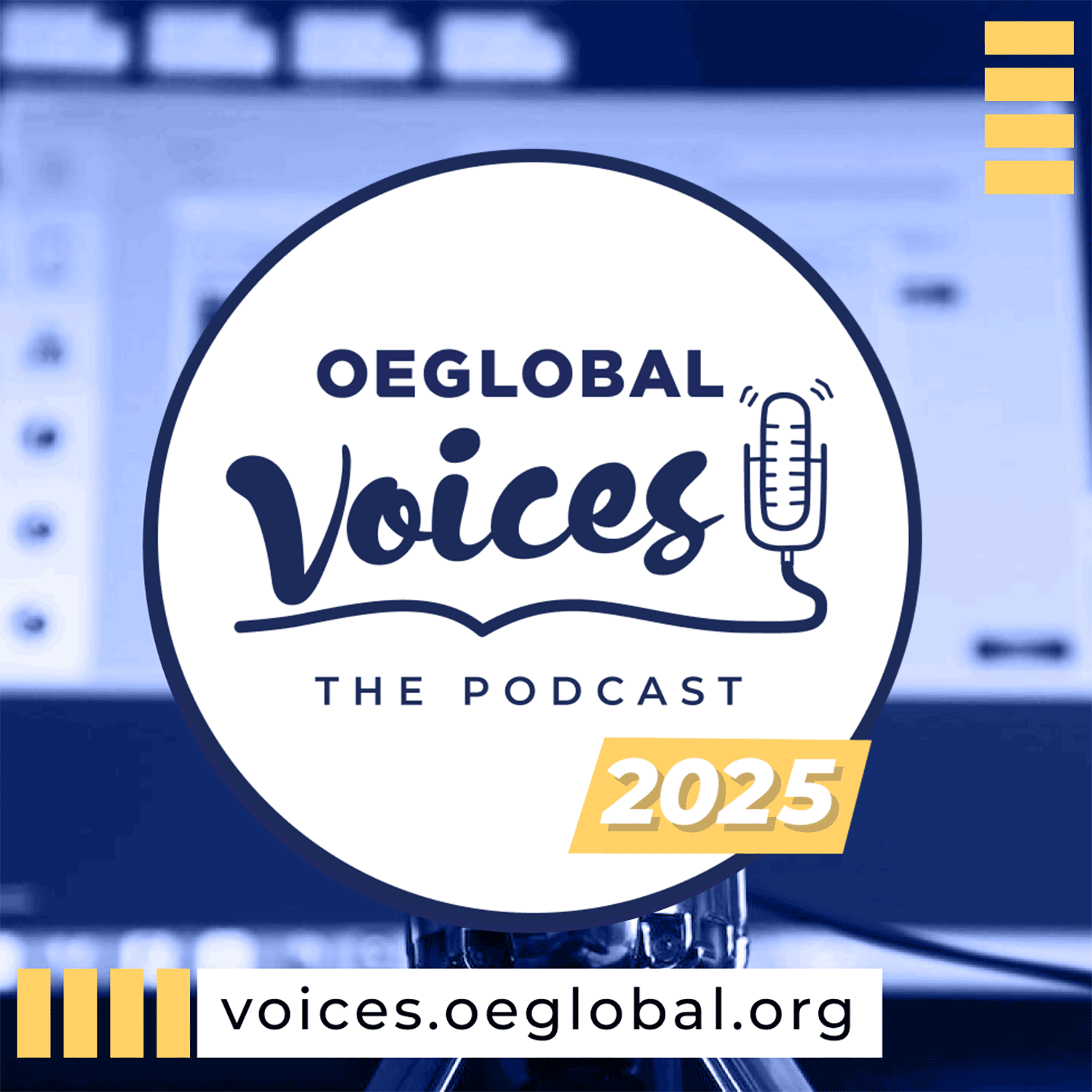
Podcasts from Open Education Global
The voices for will hear in episode 38 come from nearly antipodal locations but are very much connected as both Florence Devouard and Wayne Mackintosh were recognized in 2021 with Open Awards for Excellence in the Open Infrastructure category.
From one side of the globe, Wayne dialed in from Cromwell, New Zealand to share more about the award winning OER Foundation’s digital learning ecosystem that delivers open learning at scale supported completely by open source software (and at low cost).
And on the other side of this world, Florence Devouard was present from Marseille, France to tell us more about how the infrastructure of Wikifundi provides a way to bring the Wikipedia editing and exploration experience to places in Africa where internet connectivity is weak or absent.
Also joining in the call were Marcela Morales, Una Daly, and Alan Levine from OE Global.
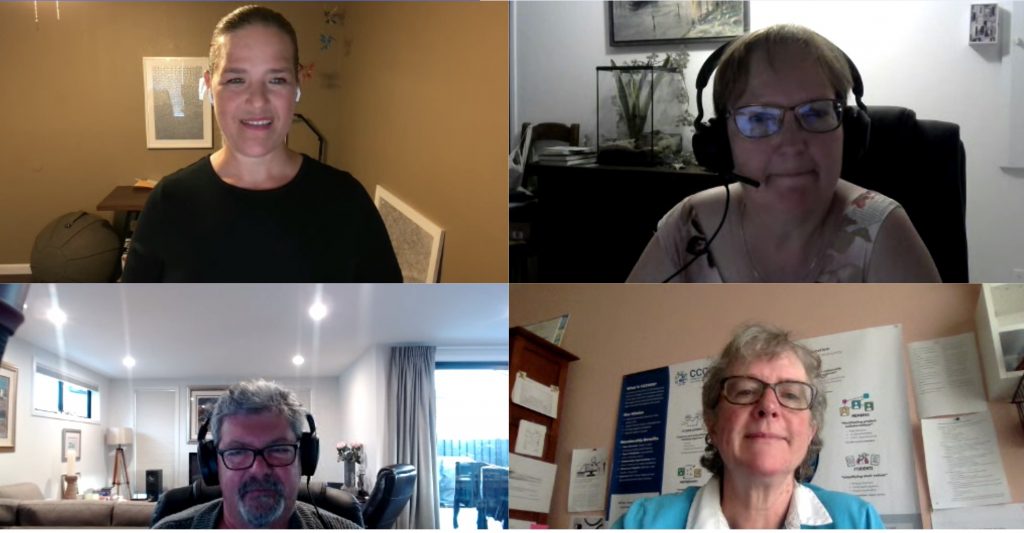
Listen in for more details on how the open infrastructures of the OER Foundation and Wikifundi are making open education available through ingenious uses of open source platforms and content.
As our podcast introduction says, there’s much to take in at a global level, and in episode 38 we literally spanned the earth to bring you to fascinating projects and inspiring collaborators.
The situation is so different that what they need is not technical support but human support to feel more comfortable, more willing to jump in.
Florence Devouard
There are some skills in life that appear simple but are complex to learn, think about riding a push bicycle or learning to swim, you are not going to learn how to swim by reading a book… similarly if you want to learn how to learn on the internet using the tools of the internet it’s important to learn using those tools, rather than a single application like an LMS.
Wayne Mackintosh
The nomination period for the 2022 Open Awards for Excellence has closed and are currently in the process of being reviewed by the awards committee. Look for an announcement in October of the new list of award winners and expect to hear their voices into next year here at OEG Voices.
Web Sites and Moments Referenced in Episode 38
- Wikifundi
- 2021 OE Award for Excellence
- Wiki In Africa
- Vikidia (Wikipedia edited by kids)
- Orange Foundation and Digital Schools Program
- WikiChallenge Ecoles d’Afrique (writing competition) and entries in Vikidia
- Kiwix (download Wikipedia and more for offline reading on mobile devices) – see Kiwix library
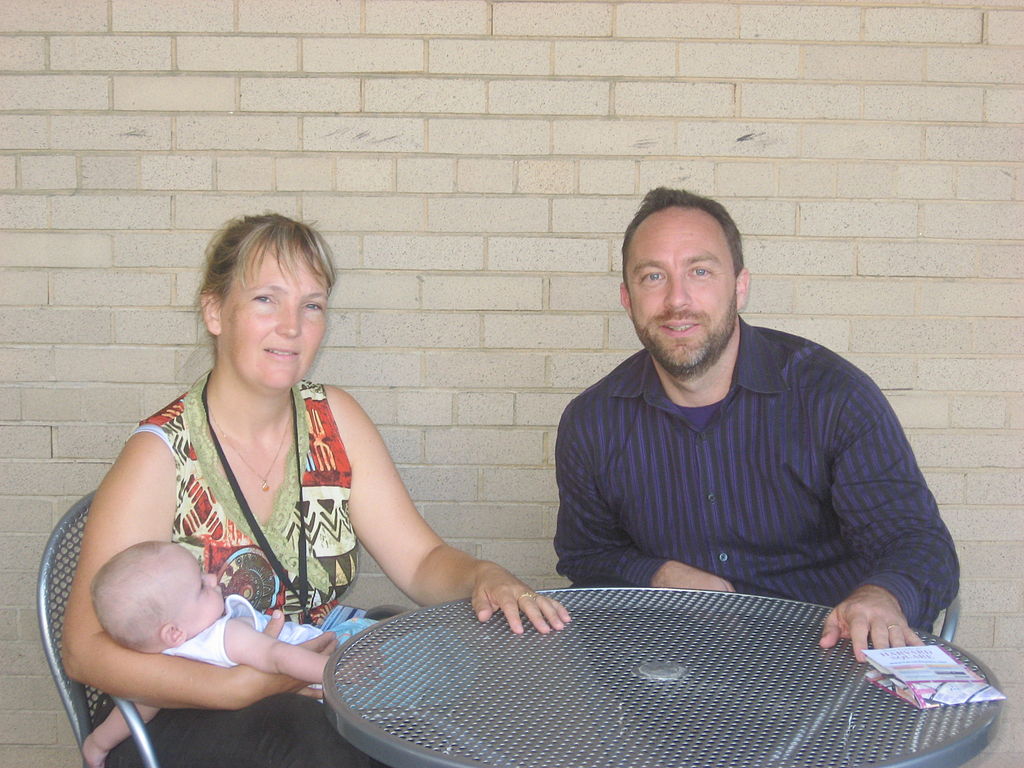
- OER Foundation
- 2021 OE Award for Excellence
- OERu
- OERu Learning Environment
- Example Course Feed (Learning in a Digital Age, LiDA 101)
- OERu Web Services as of August 2022 (OERu Tech Blog)
- Digital skills for OER sharing (DS4OERs, Pacific Island teachers)
- Course reuse combined with local assessment at Western Pacific University, Papua New Guinea
- Samoa – Knowledge Society Initiative
- cOERtc Initiative community of OER as technology cooperative
Our open licensed music for this episode is from the Free Music Archive, a song called Polar Vortex by Parallel Parklicensed under a Creative Commons BY-NC-SA license.
The introduction was created with the OEG Voices Mixer features voices of Lori-Beth L, Kristin H, Kevin H, Florence D, Patrina L, Clint L, Maren D, Ajita D, Gardner C, Wayne M, and Alex E (learn how to add your voice to the mix).
